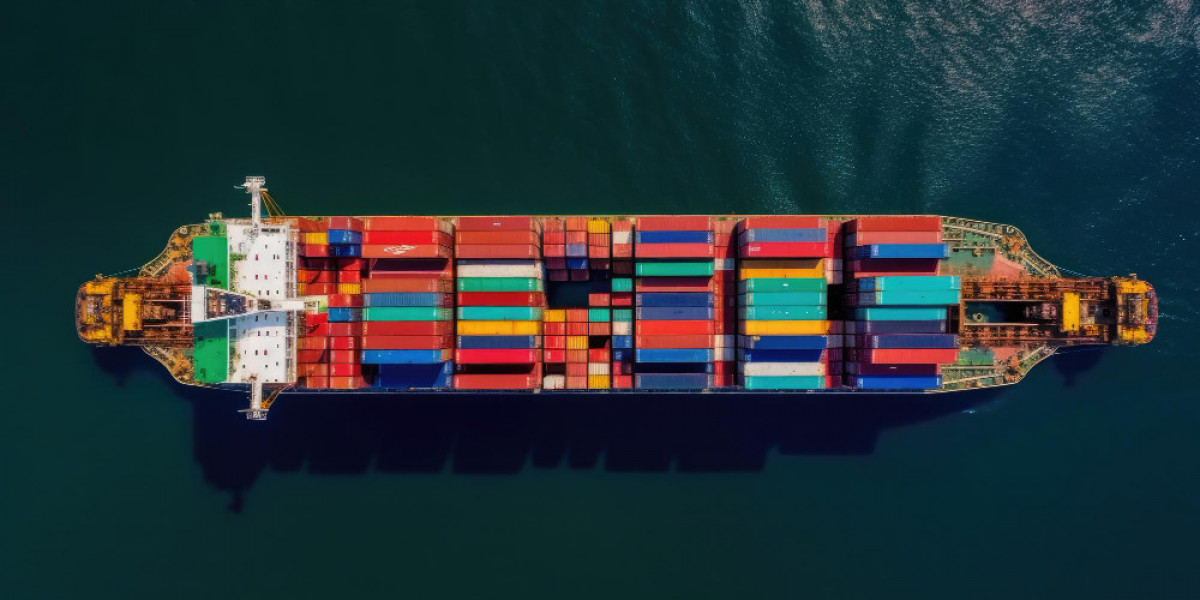Introduction
Algeciras, a city nestled on the southern coast of Spain, is not just a picturesque locale but a vital node in global maritime logistics. The Port of Algeciras, one of the busiest in Europe, serves as a crucial link between continents, facilitating a significant portion of sea freight. This blog delves into the dynamics of sea freight in Algeciras, highlighting its strategic importance, infrastructure, and the future of maritime trade in this bustling port city.
Strategic Importance
Algeciras' geographical location is a primary factor behind its prominence in sea freight. Situated near the Strait of Gibraltar, the port provides a gateway between the Atlantic Ocean and the Mediterranean Sea. This strategic position allows Algeciras to serve as a transshipment hub, connecting Europe, Africa, Asia, and the Americas. The port's proximity to major shipping lanes ensures that it is a focal point for international maritime traffic.
Advanced Infrastructure
The Port of Algeciras boasts state-of-the-art infrastructure designed to handle a diverse range of cargo. Its facilities include extensive container terminals, ro-ro (roll-on/roll-off) services, and bulk cargo handling. Key features of the port’s infrastructure include:
Container Terminals: The port has several high-capacity container terminals equipped with modern cranes and automated systems. These terminals are capable of handling the largest container ships in the world, ensuring efficient loading and unloading processes.
Ro-Ro Services: Algeciras is a pivotal hub for ro-ro traffic, facilitating the seamless transport of vehicles and other wheeled cargo across the Mediterranean and beyond.
Bulk Cargo Facilities: The port's bulk cargo terminals handle a variety of goods, including oil, coal, and grain, with specialized equipment to manage different types of bulk freight.
Technological Innovations
The Port of Algeciras is at the forefront of integrating technology into maritime logistics. Automation and digitization are key components of its operations, enhancing efficiency and reducing turnaround times. Some notable technological advancements include:
Automated Guided Vehicles (AGVs): The use of AGVs in container terminals streamlines the transportation of containers within the port, minimizing human intervention and reducing errors.
Blockchain Technology: Implementing blockchain for documentation and transaction processes ensures transparency, security, and speed in freight management.
IoT and Smart Port Solutions: The port leverages Internet of Things (IoT) devices and smart port solutions to monitor and manage various operations in real-time, improving overall efficiency and safety.
Environmental Sustainability
In response to global concerns about environmental sustainability, the Port of Algeciras has adopted several green initiatives. These efforts aim to reduce the port’s carbon footprint and promote eco-friendly practices in sea freight operations. Key initiatives include:
Shore Power Supply: Providing shore power supply to ships at berth reduces emissions by allowing vessels to shut down their engines and connect to the local electrical grid.
Green Logistics: The port promotes green logistics by encouraging the use of low-emission fuels and energy-efficient technologies in maritime transport.
Waste Management Programs: Comprehensive waste management programs ensure that waste generated within the port is handled responsibly, minimizing environmental impact.
Challenges and Future Prospects
Despite its many strengths, the Port of Algeciras faces challenges typical of major maritime hubs. Congestion, geopolitical tensions, and the need for continuous infrastructure upgrades are ongoing concerns. However, the port is actively addressing these issues through strategic planning and investment in advanced technologies.
Looking ahead, the future of sea freight in Algeciras appears promising. Continued investment in infrastructure, technological innovation, and sustainability will further cement its status as a global maritime leader. The port's ability to adapt to evolving trade patterns and environmental regulations will be crucial in maintaining its competitive edge.
Conclusion
The Port of Algeciras stands as a testament to the pivotal role of strategic location and advanced infrastructure in maritime logistics. As a hub of sea freight, it not only facilitates global trade but also sets benchmarks in efficiency and sustainability. For businesses and stakeholders in the maritime industry, Algeciras represents both opportunity and a model for future port development. Whether through technological advancements or green initiatives, the port continues to navigate the complexities of global trade, steering towards a prosperous and sustainable future.







